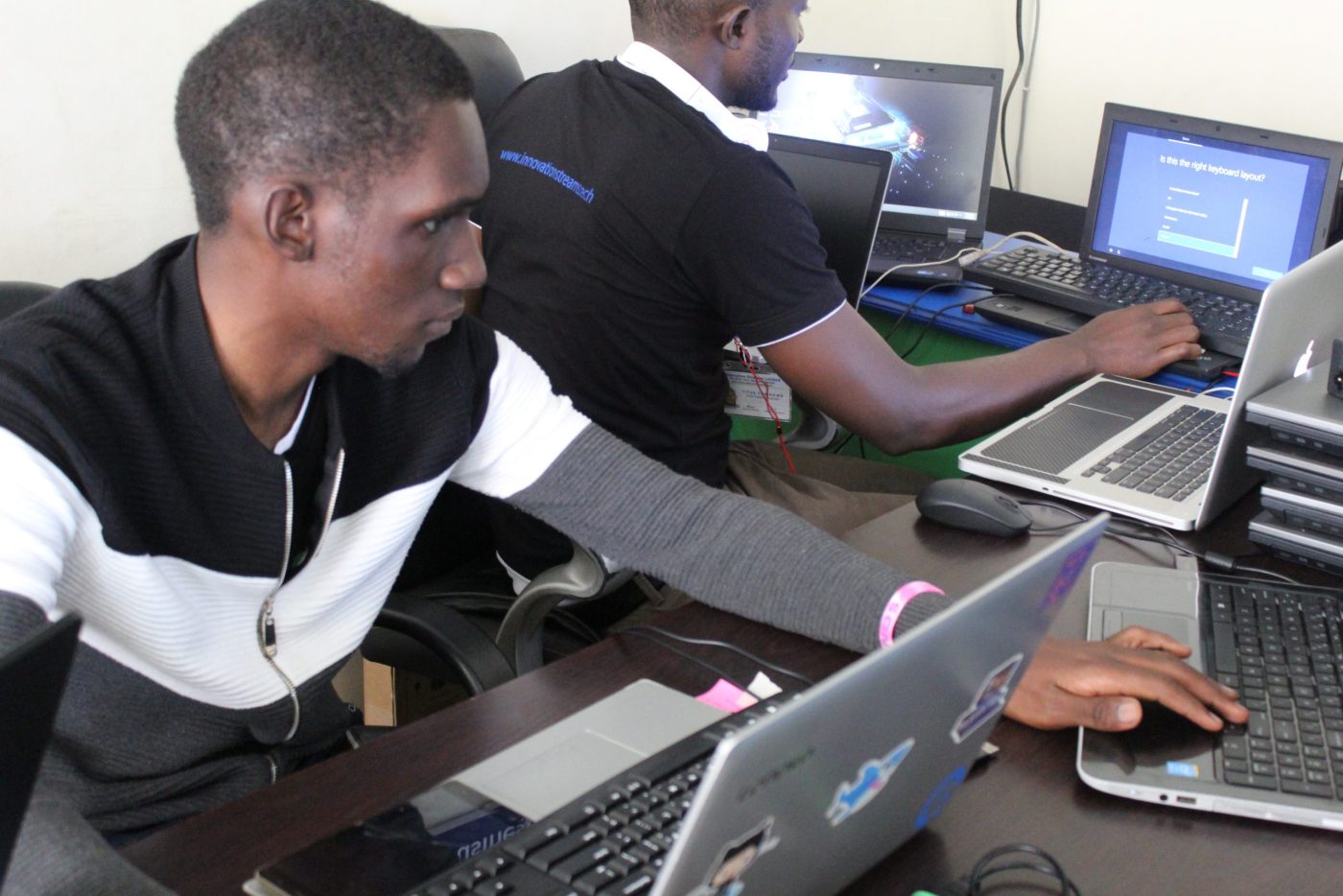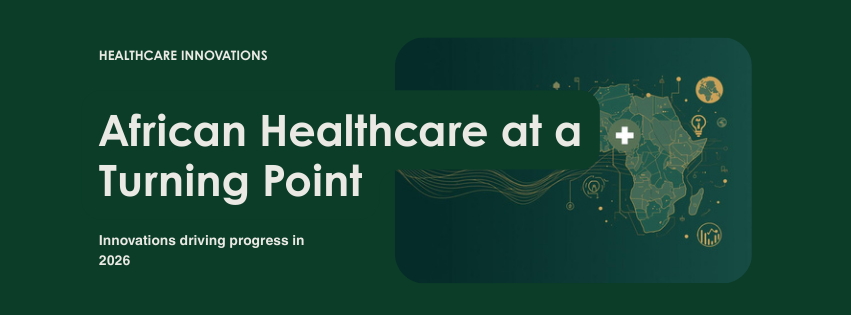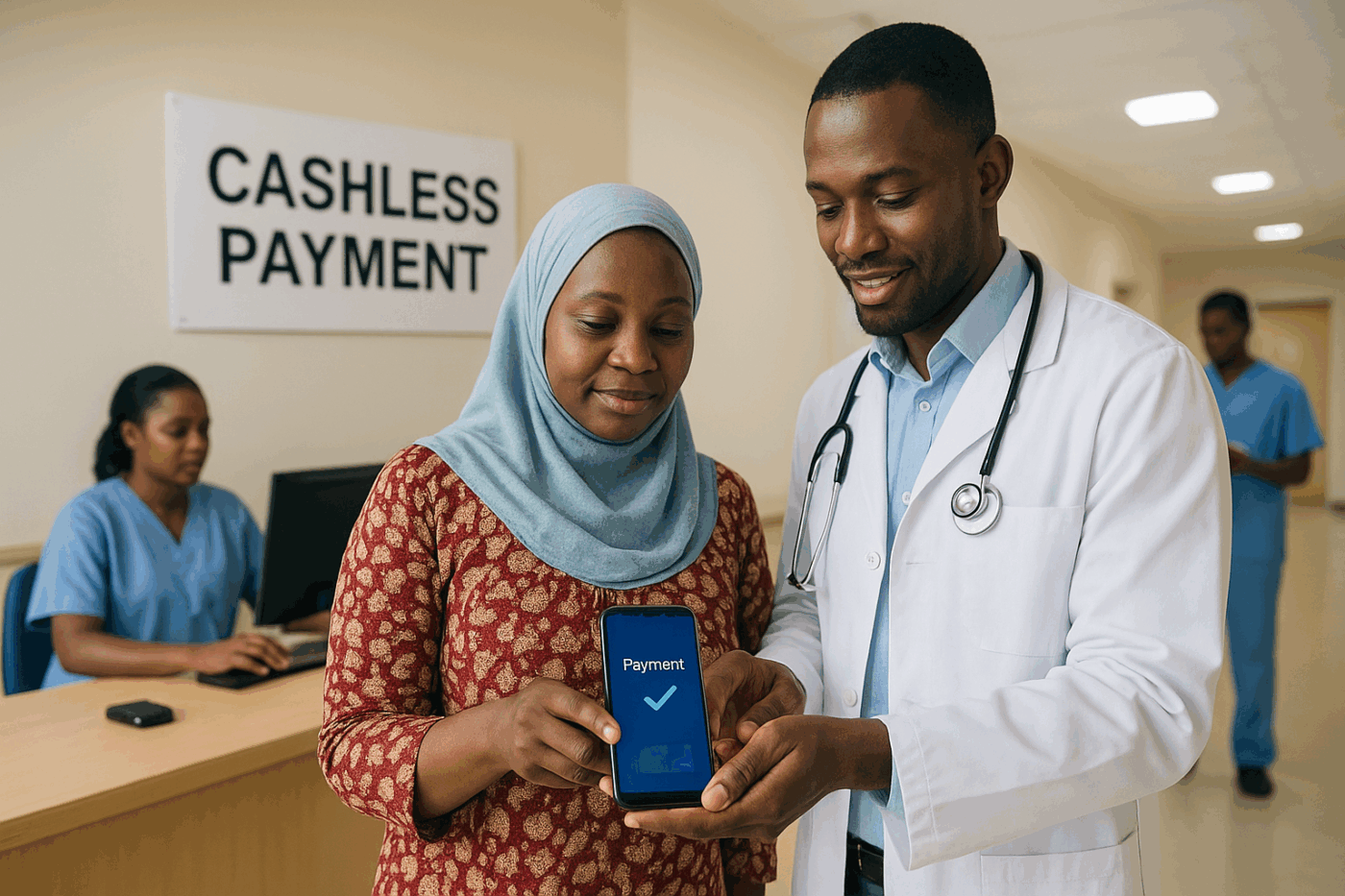Healthcare research is an investigation to identify the most effective ways to organize, manage, finance, deliver high quality care to patients, reduce medical errors and improve the
safety of patients. Healthcare research is aimed at to improve the quality of healthcare and access to healthcare. It also helps to identify challenges of healthcare and innovative solutions to these challenges. In Africa, the biggest
healthcare challenges are;
- Shortage of healthcare workers
- Corruption in the public sector
- Counterfeit drugs and drug theft
- Care coordination failure; no flow of information from one healthcare service provider to another.
- A low income earning population
- Poor access to healthcare resources
- Low levels of education among the population.
- Poor quality reports with patchy data and often submitted late.
- Lack of government financing for the health sector. Less than 10% of the GDP goes to healthcare in many African countries.
- The private sector is only investing to improve health care for the minority wealthy class.
For healthcare research to be impactful, existing data has to be analyzed to identify these existing challenges and have an evidence base. The research party
sources for data to prove the existence and impact of the healthcare challenge at hand, he or she bases on this data resource to recommend the best course of action or a new intervention. Because of healthcare research, healthcare service delivery in Africa has evolved over time, gradually changing for the better. In the 18
th and 19
th centuries, healthcare research was conducted basically for human survival against preventable diseases. It was also conducted as a basis to disapprove and disregard the old African traditional beliefs which were hazardous to human lives. In the present day however, healthcare research is more about improving existing systems to make them more digitalized, affordable, efficient, less manual and less power consuming.
Healthcare research is important because it leads to many opportunities, discoveries and amazing innovations changing the way healthcare professionals approach the challenges they are faced with on a daily basis. Healthcare research leads to;
- The innovation of new techniques, new processes, new medicines, bringing about a better health outcome to patients.
- It offers healthcare a wider range of options and opportunities to choose from e.g wider range of medicines and testing techniques
- It allows for problems to be detected in the early stages, giving the innovators time to come up with ways to mitigate the problem before it can cause harm.
- It increased financial support in the health sector. Researchers in health care currently have access to thousands and millions of USDs from foreign funding agencies, donors and Philanthropies. There is a high desire to finance health research to come up with interventions and the cure for diseases like cancer.
Global partners in health research include;
World Health Organisation (WHO), Harvard School of medicine, National Institutes of Health (NIH), Global Health Collaborative, European Commission (EC), UK Medical Research Council (MRC), Canadian Institutes of Health Research (CIHR), The
Bill & Melinda Gates Foundation, The International Development Research Centre and many others. These have supported the development of a number of solutions which are now being applied to healthcare.
Uganda National Council for Science and Technology (UNCST).
Challenges faced by health care researchers include;
- Failure of healthcare service providers to embrace technology. Healthcare in Africa is predominantly dependent on the manual ways of operation. Patients’ record are recorded and stored on paper files which makes it hard to be analyzed and reported about, also creating a high risk of loss and destruction by natural hazards.
- Lack of a single platform to access data on all aspects of healthcare in a single health facility. Health facilities have scattered portions of data kept in the different compartments of the facility which makes it hard to access.
- A lot of inaccuracies, and irregularities surrounding health care reporting have made it difficult for researchers to make a clear analysis and to establish the baseline for their research approach. It is usually unclear the exact magnitude of the problem and its impact which leads to the risk of recommending of solutions which may not be applicable.
- There is minimum or no reporting and disclosure of errors by healthcare service providers. For example; the Ministry of health in Uganda will rely on the honesty of health facilities to disclose and report about mistakes made and the harm caused to patients. However, health facilities are known to withhold information concerning errors made in healthcare, for fear of being closed down, yet this information would be useful for researchers to study and work towards a solution that would prevent re-occurrence.
Streamline is the single solution to most challenges faced in conducting healthcare research.
Streamline is a valuable e-health platform that enables healthcare researchers to access well analyzed data, accurate reports, audit trails – a good foundation for healthcare research.
Streamline is an
Electronic Medical Record which supports clinicians in resource poor settings to deliver health care efficiently by providing key patient safety prompts across the entire patient journey. Researchers in the field of healthcare will find S
tre@mline to be a valuable resource in the following ways;
- Richness of healthcare data: Streamline has an archive of underused health data can be repurposed to improve healthcare. This is valuable data generated from reports of over 256,000 patients registered on Streamline, 1,020 clinicians and administrative staff using Streamline and 457,500 patient visits registered on Streamline. There is essential data that includes Out Patient Department (OPD) attendances and diagnoses, Maternal Child Health (MCH), HIV/AIDS service data, lab data, stock outs of essential drugs and more financial data. Healthcare researchers can make use of this data to determine and area of interest to pursue in research.
- Accuracy of healthcare data: Streamline is a web and mobile application which enables hospital data clerks to compile reports accurately by having data tallied in real time. Health care information that is generated through Streamline is factual and can be relied upon to provide a baseline for research.
- Analytics of data: Streamline is a computer system which helps to organize data in a systematic way to form meaningful patterns that can be interpreted by researchers to predict possible future occurrence or to come up with ways of improving healthcare.
- Audit of healthcare service delivery: Streamline keeps an audit train of errors made during healthcare service delivery. Streamline provides 100% prospective audit of all prescription errors, a strong baseline to investigate the best strategies to reduce medical errors occurring in the process of healthcare.
- Streamline has scientific publications in the most trusted journals globally. These publications are accessible to researchers as a point of reference to support Streamline as a reliable platform for healthcare research in Africa. The publications include; i)JMIR: A Locally Developed Electronic Health Platform in Uganda: Development and Implementation of Streamline ii)Springer Nature: Investigating the Adoption of an Integrated Hospital Information System in Rural Uganda: A Case of Kisiizi Hospital”, due to appear in Volume 552 of the IFIP Advances in Information and Communication Technology series. iii) South Sudan Medical Journal: What is the best way for healthcare systems to charge sick patients?





